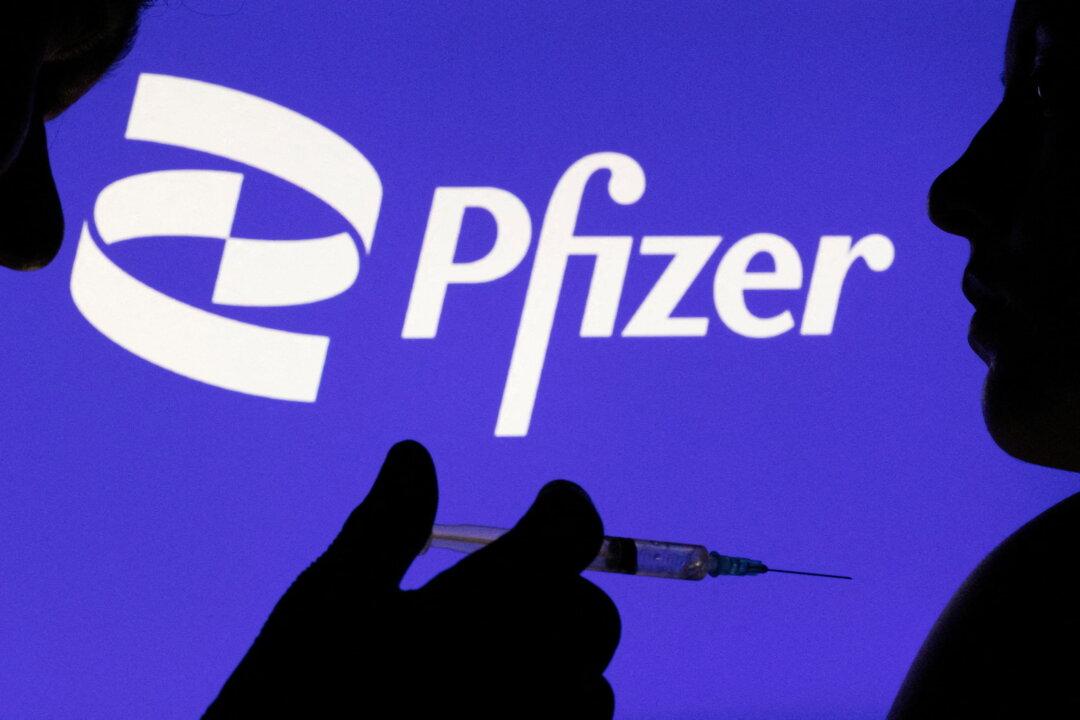The Pfizer-BioNTech bivalent COVID-19 vaccine on Saturday became the second updated COVID-19 booster approved by the UK’s medicines regulator, two days before the autumn booster rollout.
The Medicines and Healthcare products Regulatory Agency (MHRA) said it has approved the vaccine, which targets two novel coronavirus variants, for use in individuals aged 12 and above, at least three months apart from the last prior dose of a COVID-19 vaccine.





